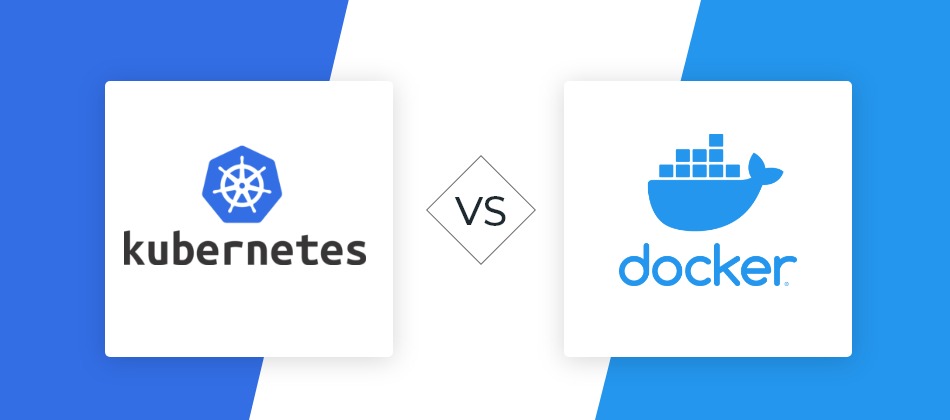
Kubernetes vs Docker is a topic that has been numerous multiple times in the world of cloud computing. Docker is a technology for crafting and running containers, on the other hand, Kubernetes is a container orchestration technology. This blog from B2C Info Solutions provides you with all the relevant information related to both technologies and how it supports cloud computing?
What is Docker?
It is a technology that is used to create and run software containers. A container is a collection of single or multiple processes organized under a single name or identifier. A container gets isolated from the processes running within the computing environment, be it a physical computer or virtual machine (VM).
What exactly are containers?
Containers are the key technical enablers for deploying solutions and innovation cycles. Just think of containers as the packaging for microservices that separate from its environment- the underlying operating system and infrastructure. Same as shipping containers revolutionized the transportation industry, docker contains disrupted software. A Docker Container can run anywhere, in the cloud, on local servers, and even on edge devices.
What is Kubernetes?
Kubernetes is an open-source container platform for messaging, automating containerized applications. Although Docker Swarm is also an orchestration tool, Kubernetes is the defacto standard for container orchestration because it’s of greater flexibility.
Organizations use Kubernetes to automate the deployment of containerized applications. Rather than individually managing each container, the DevOps team can navigate Kubernetes to allocate the necessary resources well in advance.
Key features of Kubernetes
1. Load Balancing: If the traffic on Kubernetes enhances, then it automatically distributes the load and makes sure that the deployment is stable.
2. Rollouts and Rollbacks: With Kubernetes, the user can easily define the desired state of the container and the software will change the actual state to the desired state at a regulated rate. Like for example, you can easily remove the Kubernetes to remove the existing container when new gets deployed.
3. Self-healing- Kubernetes avoids downtime by restarting a container or replacing them altogether.
The relationship between Kubernetes and Docker
Even though Docker and Kubernetes are two different technologies but they actually complement each other and work great together.
Docker is at the core of containerization technology- it allows you to create and deploy containers. If your application is still simple, Docker has the much-required essential infrastructure for managing its lifecycle.
Using Docker with Kubernetes gives you multiple benefits such as:
Kubernetes vs Docker Swarm
Most of the technical geeks and consultants mostly compare Kubernetes vs Docker which is in reality misconstrued. The actual comparison should be done between Kubernetes vs Docker Swarm which are quite a similar container orchestration technologies.
Although both Kubernetes vs Docker has the same functionalities there are some fundamental differences that make them apart.
Firstly, Docker Swarm focuses on ease of use and provides a simple way to install and configure this especially for inexperienced operators. The swarm easily works with existing docker tools allowing managing both docker and swarming command-line interface.
However, Kubernetes is a bit more complex as compared to docker in terms of installation and configuration. Though, once it is set up the Kubernetes cluster is very strong and offers a rich set of functionalities. Though Docker is simpler to use the cluster is not that strong. Another major difference is Kubernetes comes with its own GUI, on the other hand, Swarm requires a third-party GUI tool.
So which one you should choose Docker Swarm vs Kubernetes?
We suggest going with Docker Swarm once you are well familiar with the orchestration world and require high demands then you can opt for Kubernetes.
How you can ensure Container safety?
Any Docker vs Kubernetes comparison is an open-end question because they work together to craft, and scale applications efficiently with containerized technologies. This two are powerful combinations helping in bringing more value to the applications, especially while adopting Continuous Integration with other DevOps practices.
How can you ensure the safety of your container?
B2C Info Solutions offers a robust solution for managing the security of open source components inside your containerized components. Our experts are here to help you out connect with our experts at info@b2cinfosolutions.com.




